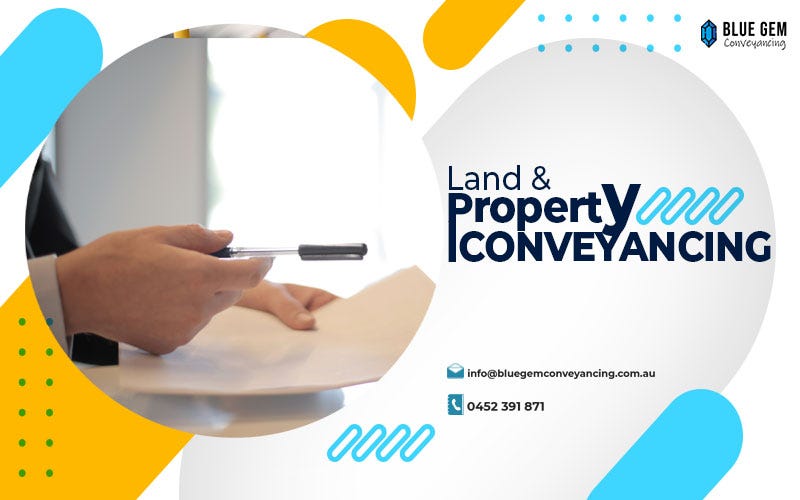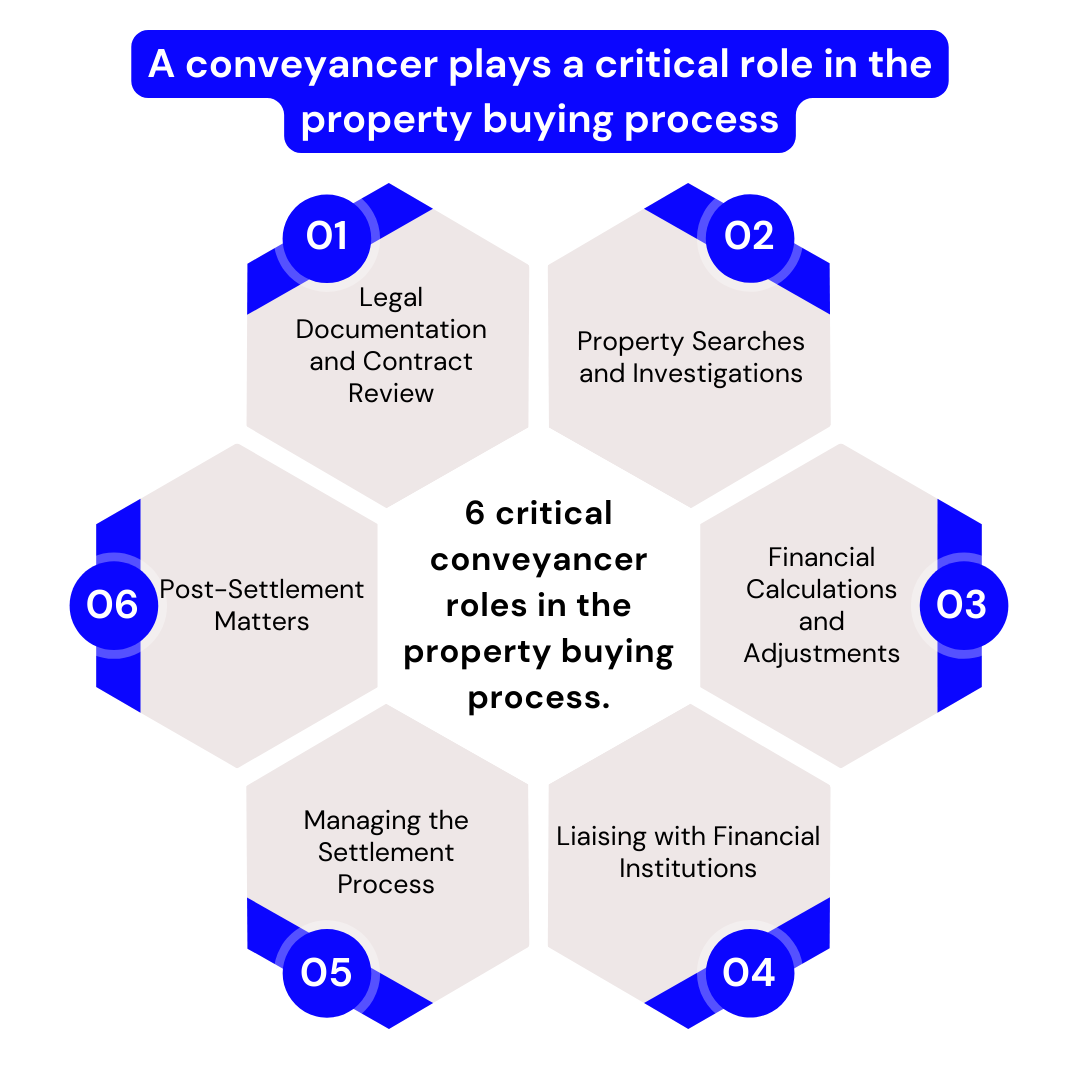Conveyancer Fundamentals Explained
Conveyancer Fundamentals Explained
Blog Article
Not known Facts About Conveyancer
Table of ContentsIndicators on Conveyancer You Should KnowUnknown Facts About ConveyancerNot known Incorrect Statements About Conveyancer A Biased View of Conveyancer
The expenses are imposed based on the Regulation Society's toll standards. A Conveyancer ought to: In all times safeguard the rate of interest of his/her clients and in conformity with the authorized Sale Agreement; Maintain all parties notified of the progression on their transaction and notify both events of the conveyancing procedure and procedures; Suggest the parties on the problems of the Sale Arrangement, especially relating to suspensive problems and obligations; Encourage the vendor on the cancellation of his bond, any type of charges, notification periods and other administrative fees which might affect the negotiation number; Get the seller's composed guidelines prior to he/she, as the Conveyancer, issues any type of warranties in regard of the transaction; Do everything in his/her power to register the deal on or as close as feasible to the date consented to in the Sale Contract; Encourage both events on their obligations in terms of their Sale Agreement, so as to guarantee that the transfer is not delayed unnecessarily; Meet both events to authorize the relevant documents connecting to the transaction Prepare the deeds for lodgement with the utmost treatment, so regarding make certain that they reduce the threat of a denial of the documents by the relevant Acts Computer registry; Notify both parties of the transfer on the date of registration; Account to both events for funds associating to the deal within two/ three days adhering to effective enrollment of the deal in the appropriate Deeds Computer registry.It belongs to your conveyancer's job to work with a negotiation time with the other side's lawful rep, during which time the home is officially negotiated and all documents and cheques are handed over. Upon negotiation, your conveyancer will reach you and/or your real estate representative to confirm settlement and permit for keys to be handed over.
Nobody desires to experience a difficult or frustrating circumstance when you must simply be delighted for your following action. This is where conveyancing can help the procedure to relocate along effectively. The duty of a residential property read the full info here conveyancer is to handle this legal procedure of moving the ownership and title of a residential or commercial property from the vendor to the purchaser.
But attorneys frequently have a series of areas they have knowledge in, with conveyancing probably being a field they don't practice in frequently. The advantage of making use of a residential property conveyancer is that residential or commercial property purchases are what they carry out frequently. They recognize the process in and out and are extremely acquainted with it, ensuring all appropriate documentation is given and the process is precise and timely.
Things about Conveyancer

Selecting an option for no various Discover More other factor than it's less expensive can trigger extra issues in the lengthy term with an incorrect or inefficient solution. Search for a set price service so you understand exactly what the process will certainly cost you and whether it suits your organized spending plan. Suggestions from friends or household, or reviewing online evaluations can additionally work in discovering a seasoned and effective conveyancer.

Conveyancing lawyers check it out and accredited conveyancers both manage the conveyancing procedure. A building lawyer will usually tend to have experience in other lawful locations also.

Some Known Factual Statements About Conveyancer
They liaise with numerous parties, consisting of the estate agent, vendor's conveyancer, and local authorities. The conveyancing procedure starts when a deal on a home is approved.
Residential or commercial property searches serve a function in the conveyancing procedure. The customer's lawyer organises these checks to expose prospective problems with the building.
Local authorities could offer insight into close-by future advancements that may impact the building's worth. Home mortgage lending institutions usually require specific searches prior to launching a home mortgage deal. While some searches may seem optional, omitting them might result in unexpected problems. A property's title deeds stand for a historic document of its ownership.
Not known Details About Conveyancer
Once a deal is accepted, the vendor's solicitor prepares a draft agreement. This contract pack consists of necessary files like the property details form, the leasehold details form, and the installations and contents develop. The buyer's conveyancer takes a look at these to ensure all the documentation follows expectations. At this phase, home law considerations emerge, from shared accessibility rights to what fixtures feature the home.
On this day, the buyer pays the remaining balance, and the seller moves the building keys. There's frequently a space in between exchange and conclusion for buyers to settle details or make arrangements.
Report this page